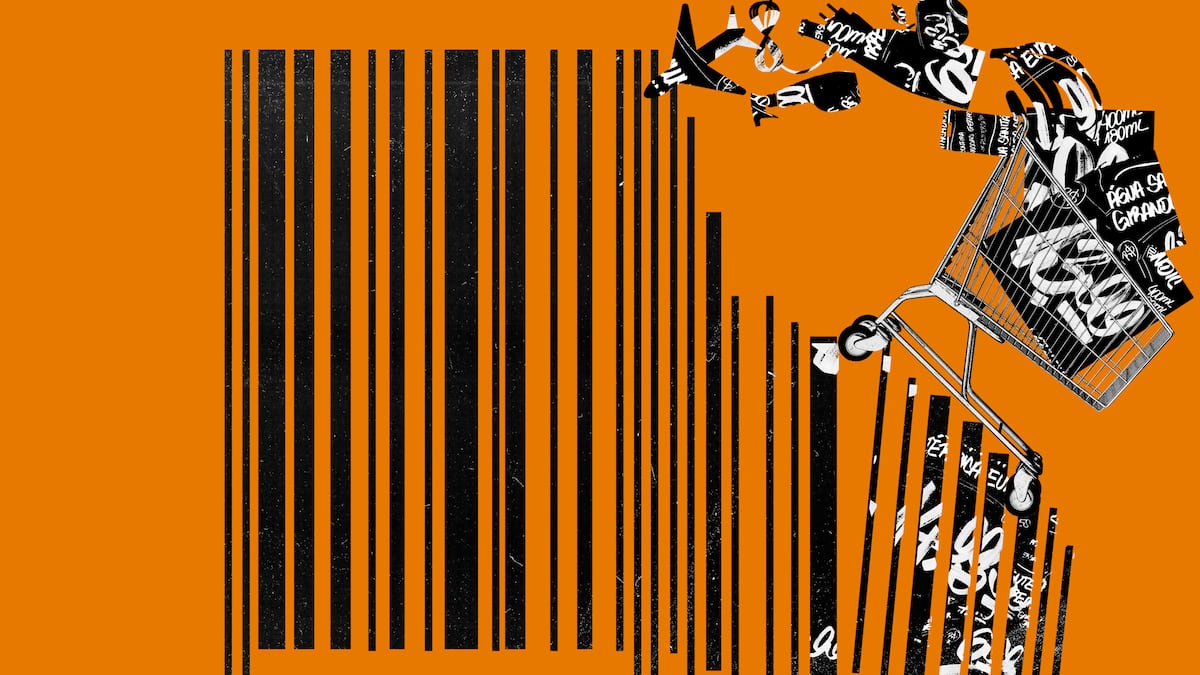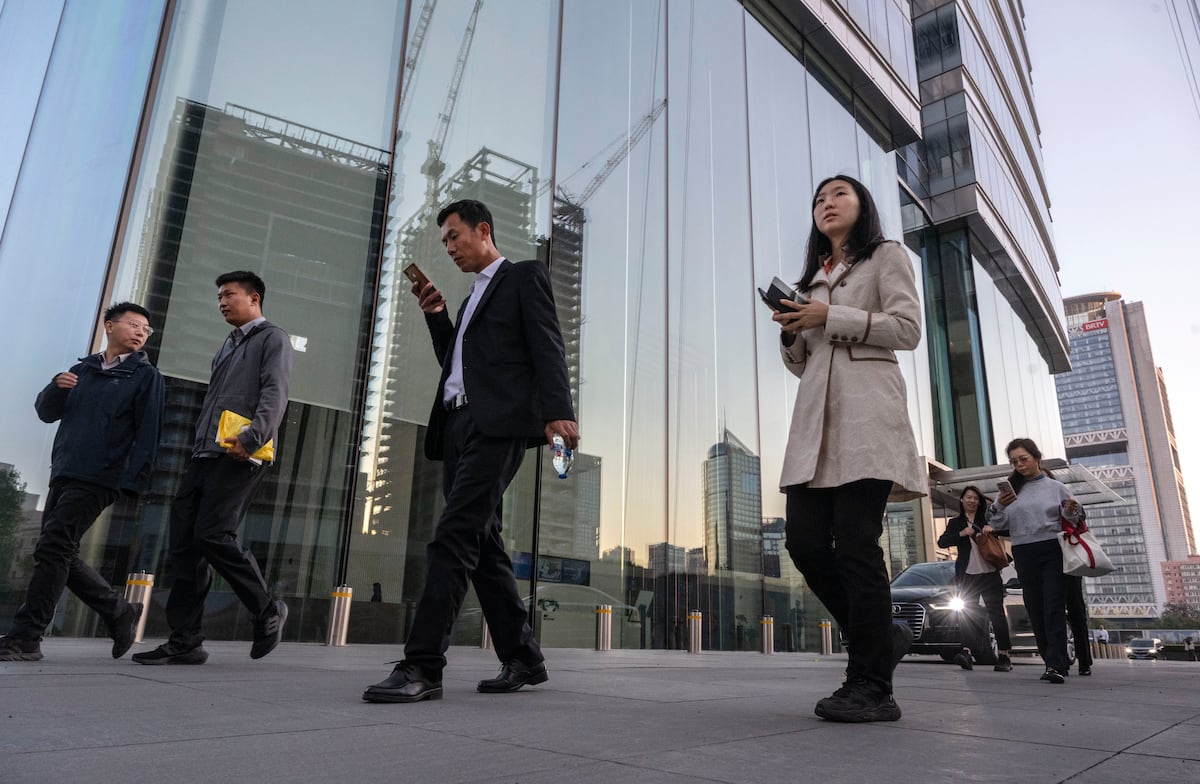Hacker Uncovers Massive International Cell Phone Theft Ring

A stolen iPhone led hacker Martín Vigo on a weeks-long investigation, uncovering a massive two-year operation spanning six countries and resulting in 17 arrests. The criminal ring stole high-end phones, attempting to unlock them using phishing SMS messages to obtain PIN codes for accessing banking apps. Unsuccessful unlocks resulted in phones being sent to China for IMEI modification and resale. This case highlights the sophisticated and international nature of cell phone theft and underscores the critical importance of PIN security.
Read more









